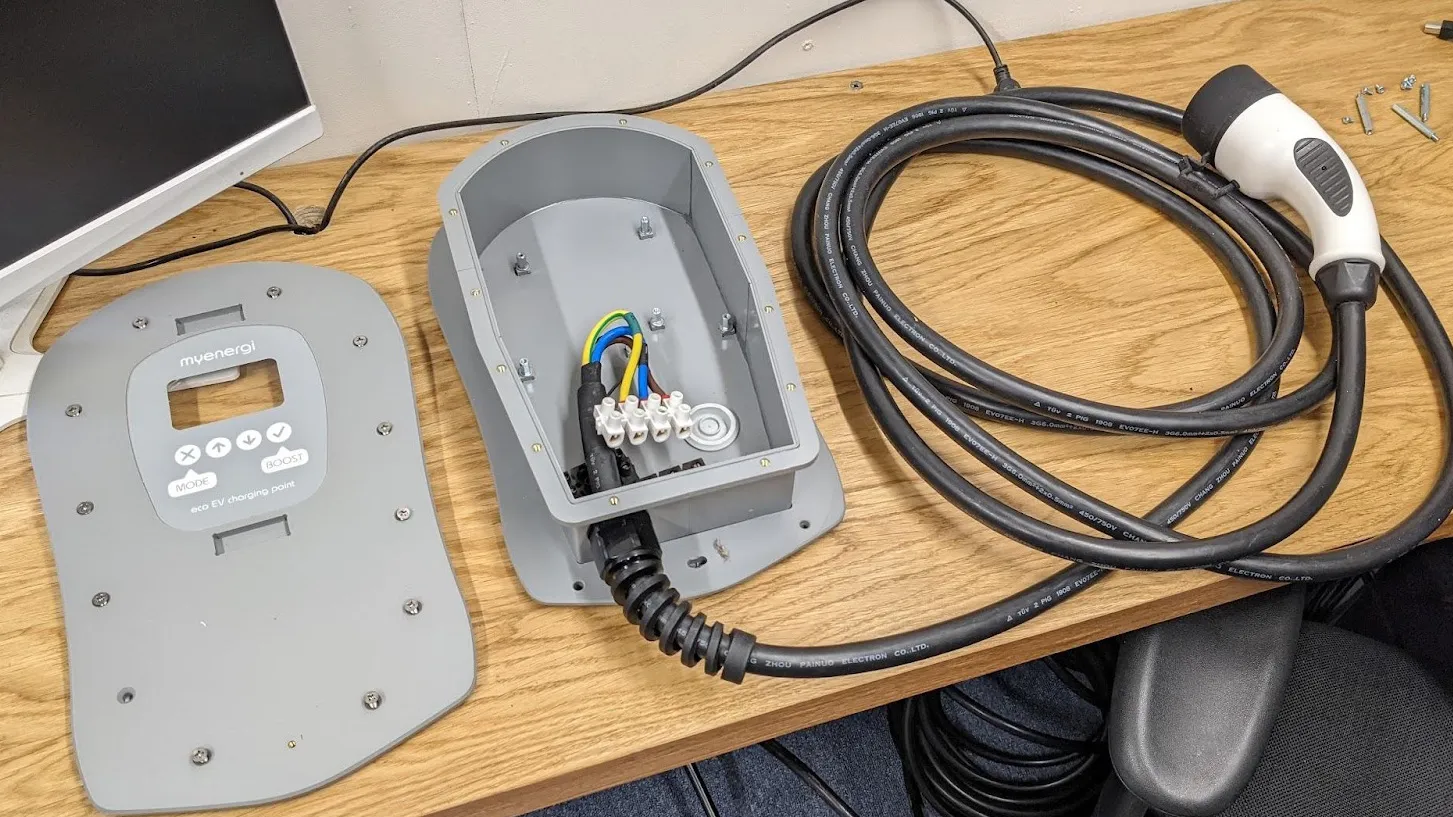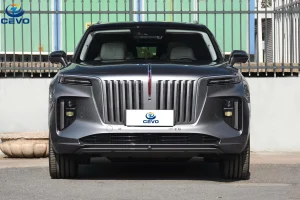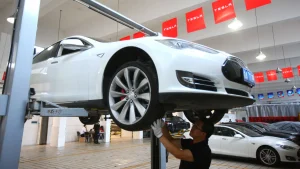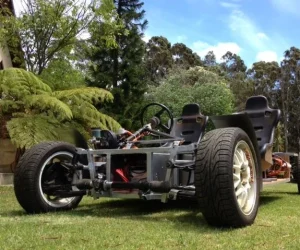Electric vehicle charging issues can disrupt your driving experience and cause inconvenience. Common issues include slow charging, the wrong charging station, or failure to start charging. Understanding the cause of these issues is the first step to effective DIY repairs. Many charging issues are caused by the vehicle itself or its charging infrastructure, so it’s crucial to accurately diagnose the problem before attempting to repair the vehicle.
Check the charging cable
One of the most common causes of charging issues is a faulty charging cable. Start by checking the cable for visible damage, such as fraying or cuts. Make sure the connectors at both ends are clean and free of debris. If the cable is damaged, it should be replaced with a new one. A damaged cable can occasionally cause charging issues or even complete failure, so troubleshooting this issue can solve many charging issues.
Check the charging port
Dust or debris may have built up on your vehicle’s charging port, preventing it from properly connecting to the charging cable. Check the port for signs of blockage and clean it gently with a dry cloth or soft brush. Avoid using liquids or harsh cleaning agents that can damage the ports. If you notice physical damage to the port, such as bent or cracked pins, professional repair or replacement may be necessary.
Testing the Charging Station
If your EV is not charging, the problem may be with the charging station and not your vehicle. If possible, test the charging station with different EVs to determine if the problem is specific to your vehicle or charging station. If the charging station is not working properly, you may need to contact the charging station provider or technician for further assistance. Make sure that the workstation is properly connected to power and that any error messages have been resolved.
Resetting the Charging System
Sometimes charging issues can be resolved by simply resetting the charging system. This can be done by disconnecting the charging cables from the vehicle and the charging station, waiting a few minutes, and then reconnecting everything. This process will reset any temporary errors and restore normal charging functionality. Before restarting the charging process, make sure that the charging cable and connector are properly connected.
Check for software updates
Electric vehicles often rely on software to manage the charging process. Check if your vehicle manufacturer has released software updates that can fix charging issues. These updates can sometimes fix bugs or compatibility issues that affect charging. For information on checking for and installing software updates, consult your vehicle owner’s manual or the manufacturer’s website.
Check the charging system components
Electric vehicles have several components that work together to manage the charging process, including on-board chargers and battery management systems. Check these components for signs of wear or damage. If you suspect a component is having a problem, consult your vehicle owner’s manual or a professional technician for advice on how to proceed. Some repairs can be complex and require specialized tools or expertise.
Check the condition of the battery
The condition of your vehicle’s battery can affect charging performance. If the battery is old or severely damaged, charging efficiency may decrease. Use diagnostic tools to check the battery’s state of health (SOH) and watch for any warning signs. If the battery performance decreases significantly, it may need to be replaced. Regular maintenance and monitoring of battery health can help prevent charging problems.
Ensure that the power supply is normal
Ensure that the power supply to the charging station is sufficient and stable. Fluctuations or interruptions in the power supply can affect the charging process. Check your home’s electrical system for any problems, such as a tripped circuit breaker or faulty wiring. If you suspect a problem with your power supply, consult a licensed electrician to ensure that your charging system is properly installed and functioning.
Conclusion
While DIY solutions can solve many common charging problems, some issues may be beyond the scope of home repairs. If you are unable to resolve the problem using the steps above, seek professional help. Qualified technicians can perform more complex pryour electric car continues to operate smoothly and efficiently.



